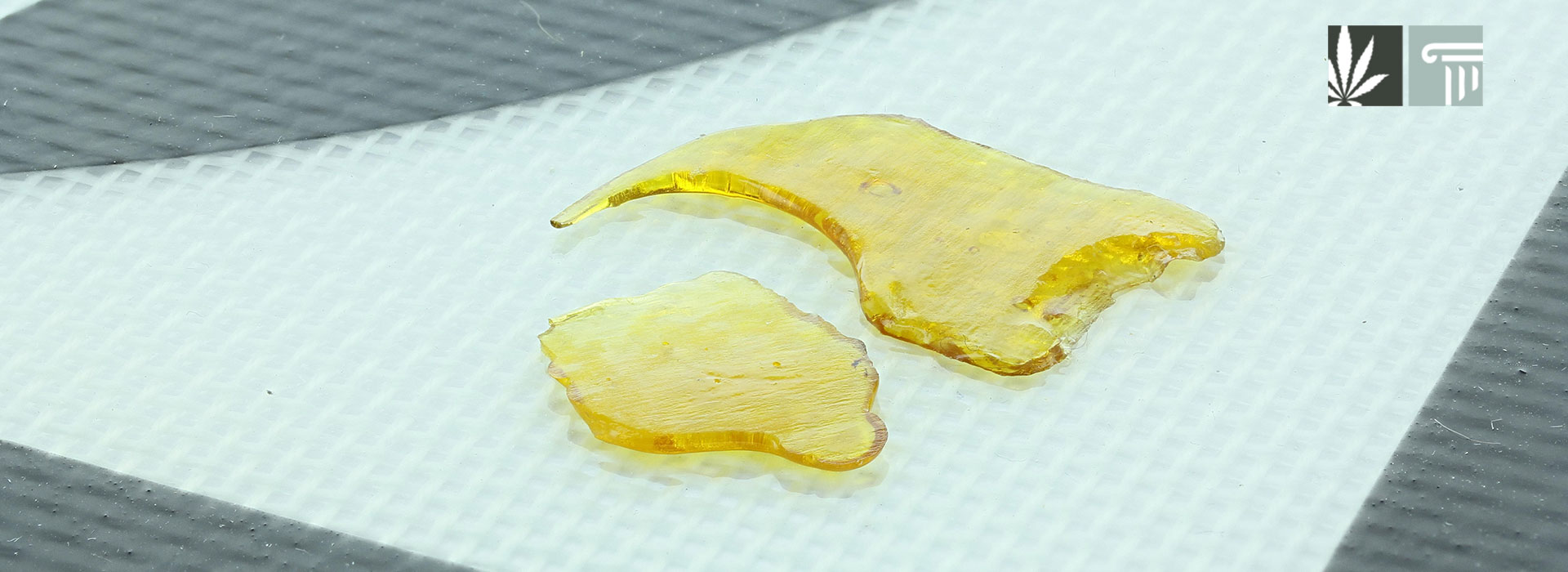Just ahead of Texas’s legislative deadline, lawmakers approved legislation that would expand the state’s medical marijuana program and another that would commission research into the therapeutic potential of psychedelics. Both bills now await Gov. Greg Abbott’s signature.
The psychedelic research bill – HB 1802 – would require the state, alongside Baylor College of Medicine and a military-oriented medical center, to study the health risks and benefits of veterans using psilocybin, MDMA and ketamine. It would also establish a clinical trial into the use of psilocybin by veterans with PTSD.
“Psychedelic medicine has the potential to completely change society’s approach to mental health treatment, and research is the first step to realizing that transformation,” said Rep. Alex Dominguez (D), the bill’s lead sponsor, in a press statement after the vote. “It’s said that ‘as goes Texas, so goes the nation.’ While states across the country consider how best to address the mental health crisis facing our nation, I hope they once again look to Texas for leadership.”
The medical marijuana bill – HB 1535 – would add cancer and PTSD to the list of conditions that qualify for treatment with medical marijuana. The original House version also included chronic pain on the list but this was removed by the Senate. The approved measure would double the THC limit for medical marijuana products to one percent, which is significantly lower than the 5 percent first proposed by the House.
A further measure to reduce criminal penalties for marijuana concentrates possession, however, failed to gain Senate approval before the end of the legislative session. The bill would have reclassified possession of up to two ounces of concentrates as a class B misdemeanor and marked the first penalty reduction in Texas’s marijuana laws since the 1970s. Possessing cannabis concentrates would still have resulted in a prison sentence but it would no longer have been a felony.
Following House approval, the marijuana concentrates bill – HB 2593 – was initially passed by the Senate with an amendment in a 24-7 vote. The amendment would require manufacturers of legal cannabis products to include all forms of tetrahydrocannbinol when calculating THC potency. This was unacceptable to the bill’s House sponsor on the basis it would adversely affect businesses selling delta-8-THC products. The House ultimately removed the amendment and sent it back to the Senate which didn’t hold a new vote before the legislative deadline.
While this legislative session in Texas saw a flurry of marijuana-related bills, cannabis reform advocates are disappointed at the Senate’s failure to pass a comprehensive measure to decriminalize low-level cannabis possession that was approved by the House. It would have reclassified possession of up to one ounce of marijuana as a class C misdemeanor, which carries no threat of jail time.
“Thanks to relentless advocates, it was a hard-fought session. Sadly, we were detailed by oppressive state leadership and partisan crossfire,” said Heather Fazio, director of Texans for Responsible Marijuana Policy. “Even a watered down medical bill had to be dragged across the finish line. We will continue the fight, grow our movement, and work toward ending marijuana prohibition in Texas.”






